SciEng Pages
SciEng Pages aim to increase discussion on topical issues that have science and engineering at their core by summarizing the current state of knowledge and policy landscape. Each issue is prepared and reviewed by a multi-disciplinary team from across the Canadian research network. SciEng Pages are available free of charge.
If you would like to suggest a topic for a future issue, please contact us.

Canada’s Role in the Responsible Supply of Technology Metals
The demand for “technology metals” is increasing because of growth in advanced technologies, which have the potential to help Canada transition to a low‑carbon economy. However, while the application of these metals can have great benefits, their production has been associated with several challenges.
Download a copy:
Canada’s Role in the Responsible Supply of Technology Metals

5G In Canada
In our modern, data-driven society, demand for mobile connectivity is increasing rapidly. 5G will not only make mobile phone communications faster, but promises to transform entire industries, such as healthcare and transportation, and improve the efficiency of businesses, from factories to farms.
Download a copy:

The Health Effects and Science of Cannabis
Cannabis is legal in Canada as of October 17, 2018. The change means that adults will be able to grow (in most provinces), buy and possess small amounts of cannabis for recreational use and share it with other adults.
Download a copy:

Biodiversity
Biodiversity is essential to current and future human well-being. Despite growing public and government commitment to sustainable development, biodiversity continues to decline.
Download a copy:
Follow PAGSE:
News & Updates:
PAGSE Newsletter – April 2021
Click here to see the April newsletter.
Upcoming Events:

Arctic Adaption
The Arctic is a vital part of Canada’s history, economy, and more than 40 per cent of its land territory. About 100,000 Canadians call it home. It is rich with animal life, from large iconic species such as whales, caribou, polar bears and muskoxen, to fish, seals, birds, and tiny ocean plankton.
Download a copy:
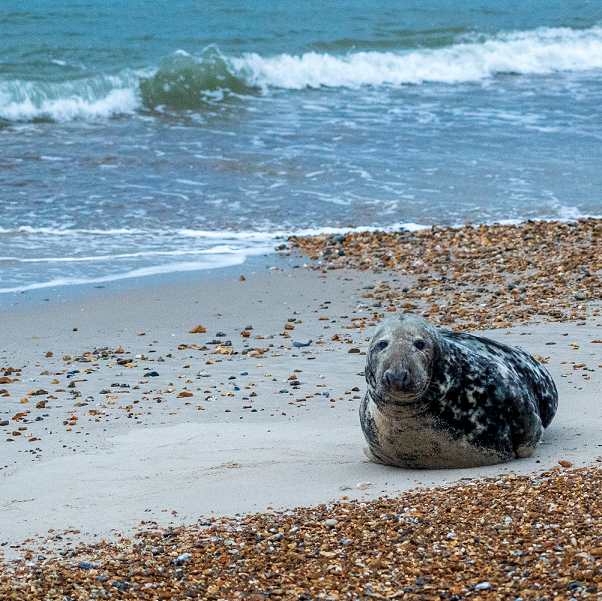
Mapping Animal Distribution and Changes in the Ocean
To guarantee the many benefits Canadians draw from the marine environment, we must understand how plants and animals, including humans, are interconnected, and sustainably manage human activities in a way that maintains ocean resources and ecosystems.
Download a copy:
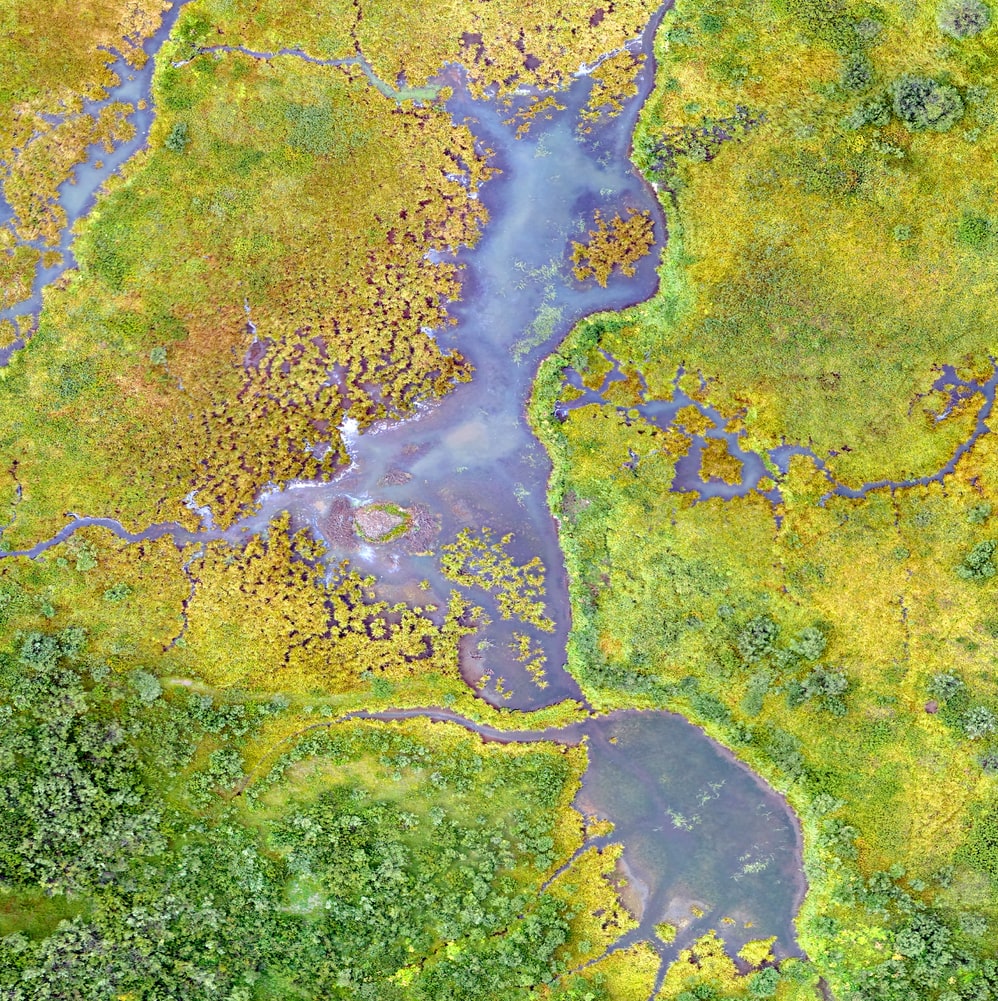
Wetlands - Resource and Reclamation
Wetlands are sometimes called the kidneys of the planet. And just like kidneys, few people notice wetlands until they stop working. Canada contains a quarter of the world’s wetlands, including the Hudson Plains – the “largest continuous wetland in the world”, which stretches from Manitoba to Quebec.
Download a copy:
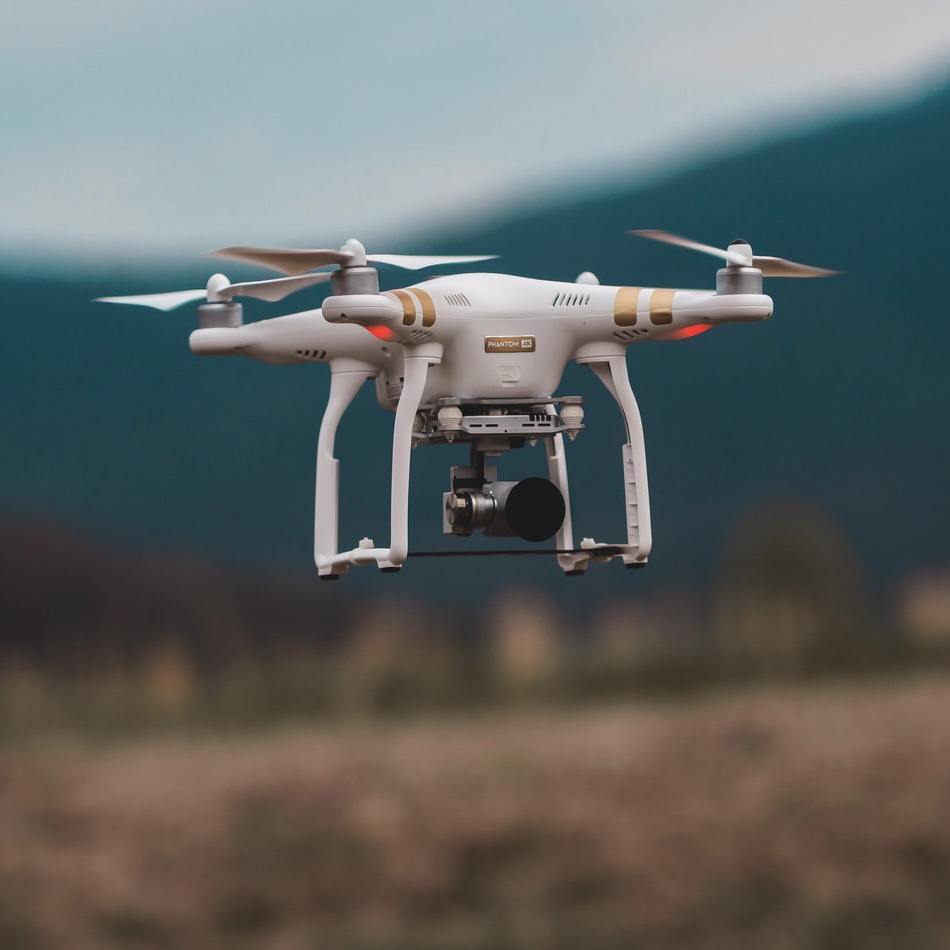
Drones and UAVs
They can monitor power lines and pipelines, be used for search and rescue and spy on enemies. Unmanned Aerial Vehicles (UAVs), or drones, can also help monitor crops and wildlife, assess the environment, patrol the Arctic, supplement news reporting, and assist law enforcement.
Download a copy:
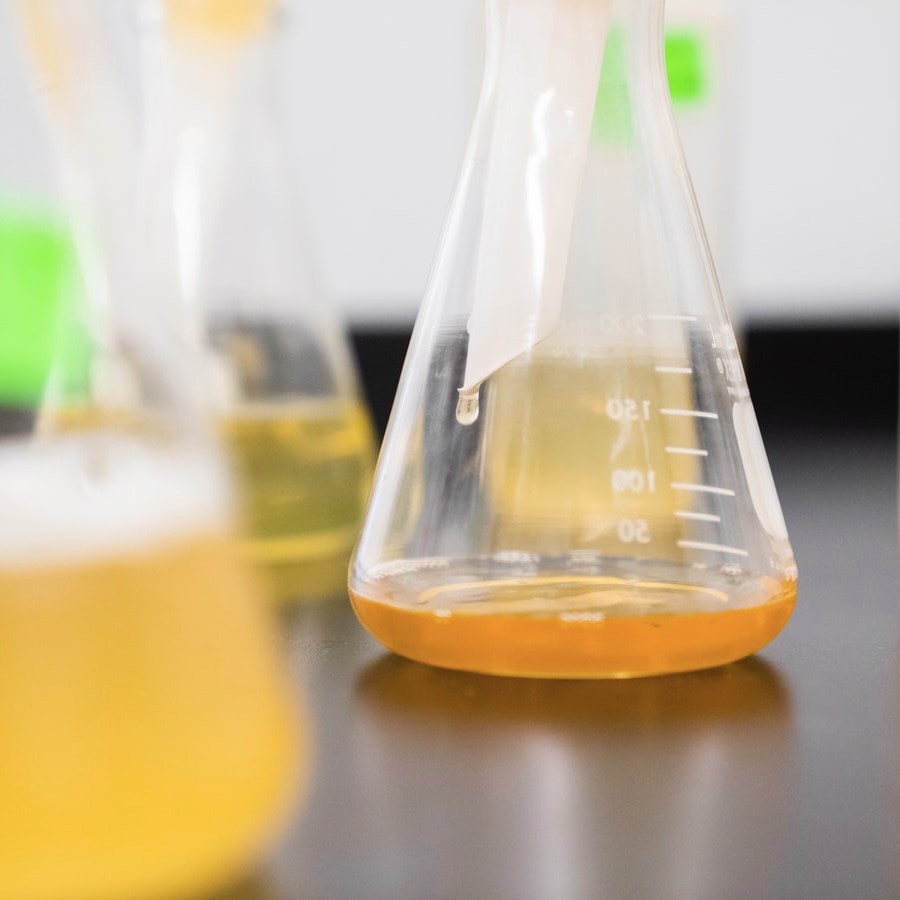
Chemicals and Toxicity
Canadians are flooded with conflicting information about toxic chemicals in food, water and consumer profits. Advances in science and technology are making it possible to measure concentrations of chemicals previously too low to detect.
Download a copy:

Cyber Security
Cyber security is the attempt to protect computers and networks from unauthorized access. Protecting such systems is essential for the security of public, private and online commerce, critical infrastructure and safeguarding personal information.
Download a copy:
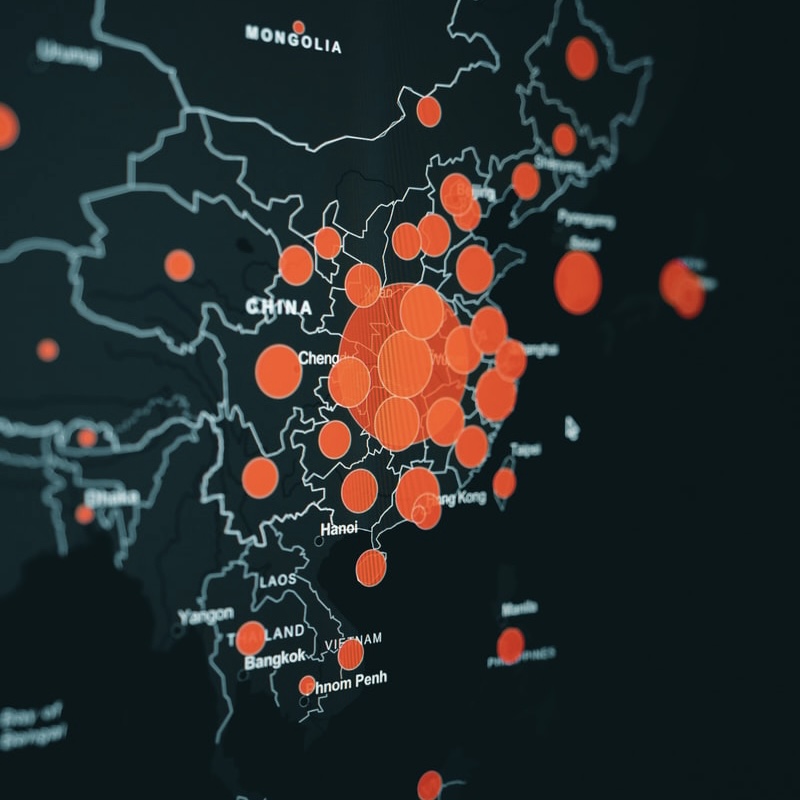
Smart Grids
Smart Grids are electricity transmission systems that offer many potential improvements over the existing grid system, including increased reliability and reduced energy consumption.
Download a copy:

Genomics
Genomics is the study of genomes and their interaction with the environment. This edition of covers the basics of genomics as well as its socio-economic, legal and ethical implications.
Download a copy:
